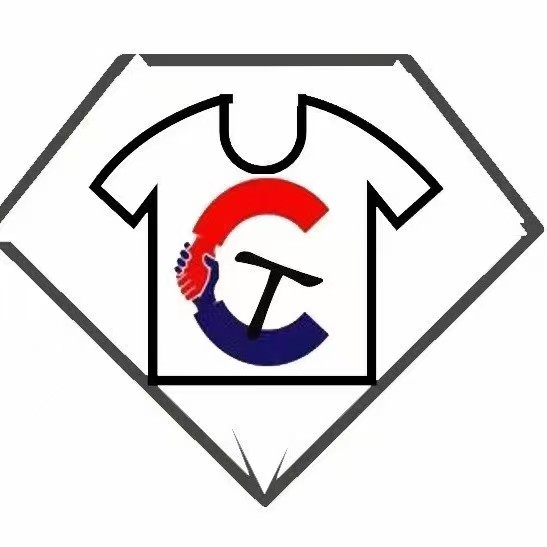Quality control and efficiency are essential components of any manufacturing process, especially in the textile industry where consumer expectations for comfort and durability are high. In a pajamas factory, these principles are particularly important as the garments produced are worn for long periods of time and need to be both comfortable and long-lasting.
At the heart of quality control in a pajamas factory is the inspection process. This involves carefully examining each garment for any defects in stitching, fabric quality, or sizing. Inspectors are trained to identify any imperfections and ensure that only high-quality products are shipped out to customers. This process is crucial in maintaining the reputation of the brand and ensuring customer satisfaction.
Efficiency, on the other hand, is all about maximizing productivity and minimizing waste. In a pajamas factory, efficiency can be achieved through various means such as optimizing production lines, streamlining processes, and utilizing technology to automate repetitive tasks. By improving efficiency, factories can reduce production costs and increase output, ultimately leading to higher profits.
One key aspect of efficiency in a pajamas factory is inventory management. By keeping track of raw materials and finished products, factories can ensure that they have enough supplies to meet demand without overstocking or wasting resources. Just-in-time manufacturing practices, where materials are ordered only when needed, can help reduce waste and improve efficiency.
Another important factor in achieving efficiency is employee training and motivation. Well-trained workers who are motivated to perform at their best can significantly impact the overall productivity of a factory. By investing in training programs and providing incentives for high performance, factories can create a culture of excellence that drives efficiency and quality.
Technology also plays a crucial role in improving efficiency in a pajamas factory. Automated cutting machines, sewing robots, and computerized inventory systems can all help streamline processes and reduce human error. By embracing new technologies, factories can stay competitive in a rapidly changing industry and meet the demands of today’s consumers.
In conclusion, quality control and efficiency are key pillars of success in a pajamas factory. By implementing rigorous inspection processes, optimizing production lines, and investing in employee training and technology, factories can ensure that they produce high-quality products in a cost-effective and timely manner. By focusing on these principles, pajamas factories can maintain a competitive edge in the market and continue to meet the needs of their customers.
